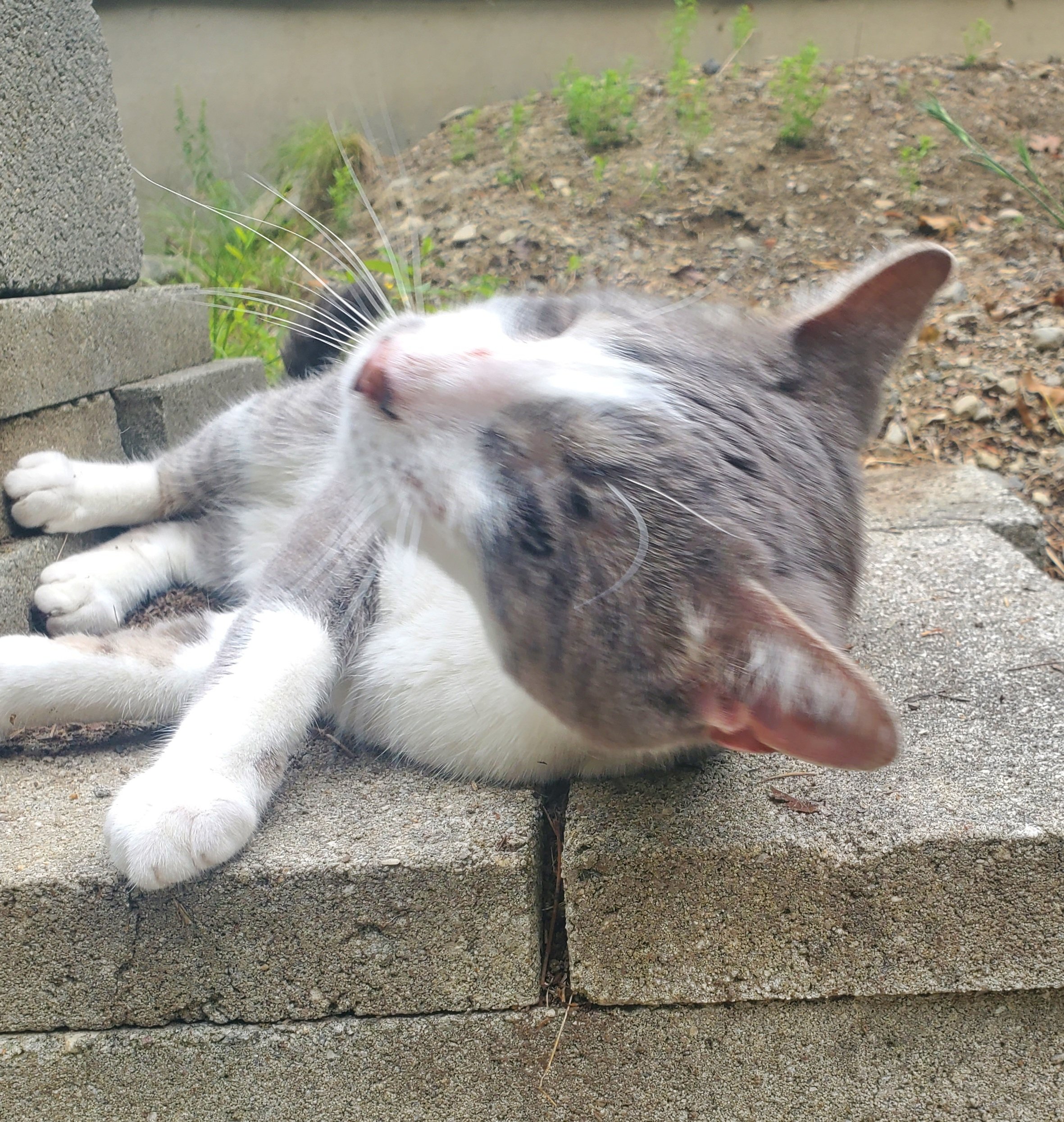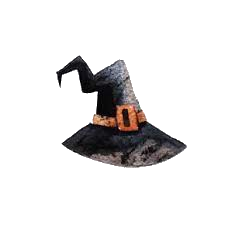I have found that painting fluffy white clouds or shadows or gradients is highly dependent on brush type, type of paint, how dry the paint on the brush is, how dry the paint on the canvas is, etc.
I am trying to figure out how to do this consistently. Is there a type of paint best for this? Maybe one that is chalkier somehow compared to most paints that are heavy bodied?
I haven’t painted in a long time…but perhaps like a gouache, or just get really good at dry brushing?
I think the thing your avoiding is the thing you should learn. Consistency = skill.
Learn the touch yknow.
Do different paints dry brush differently? I guess that’s kind of the same question. I’ll just have to experiment.
Yea each paint is different. Even different colors can be slightly different.
I think you just have to paint lots and lots of clouds tbh.
I am OK at painting, like I know the process, and used to be pretty into it, but I am out of the loop, sorry.
Painting is very tactile. There’s little separation between you and the medium. You just have to do it a bunch yknow.
Just thought I’d pop in.
Yes they do, and its almost impossible to say which is “best”. There’s one that’s best for your paper/canvas, your brushes and your technique. The only way to find the best for you, is to buy a few tubes of different brands and see which ones you prefer/find easiest. And don’t worry about wasting paints if you don’t like them; stick with white and primary colours and you can use the others for different techniques. You can even mix paint of different brands, to get a balance between them.
There isn’t really any such thing as “chalky” acrylic. There are chalky watercolors, usually the sort you buy in a set of 36 for a dollar, and they aren’t even fit for a five-year-old. You won’t be able to get the effect you want with those.
You can scumble (dry-brush) with almost any tube acrylic, provided that it’s not too wet. Avoid the runny sort of paint that comes in a bottle. Those are made for crafts, model-painting and acrylic pours. They won’t be thick enough.
Use the paint straight from the tube, don’t add any water, mix your colors on a palette and use a dry, stiff, round or fan brush with very little paint on it at a time. Wipe any excess off on tissue first, if you find it’s going on too thick. Acrylic paint dries fast so you can make layers over layers and cover up errors easily if necessary.
Using gouache for scumbling is also possible but harder, because unlike acrylic paint, gouache will “re-activate” even when dry, so you can find that your bottom layers will start to smear and blend with upper ones. That won’t happen with acrylic. You can’t blend on the paper as easily with acrylic as you can with gouache; this may or may not be a disadvantage, depending on what you’re trying to achieve.
Your working surface is also key; you’ll need canvas (primed with gesso) or a rough, textured cold-press paper.
Lastly, don’t use your best, most expensive brushes. Once you use a brush for dry-brushing with acrylic, it’s pretty much ruined for any other purpose. Keep some cheap brushes that you use for this purpose only.
I have not focused extensively on clouds myself, but saved this YT video for later, which shows basic techniques to produce clouds using oil paint, but probably also applicable to acrylic paints as well: https://youtu.be/moq5H1eaIzA
Hope it’s helpful to you!




